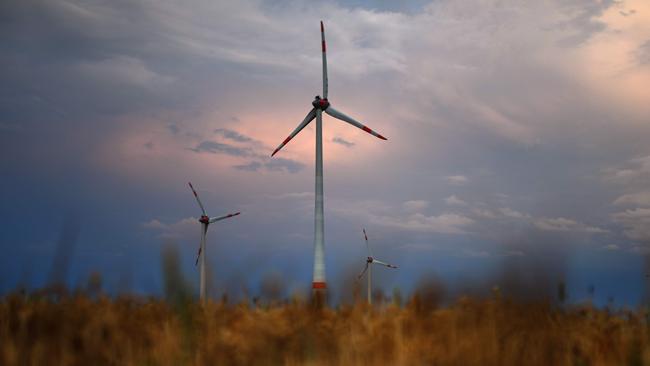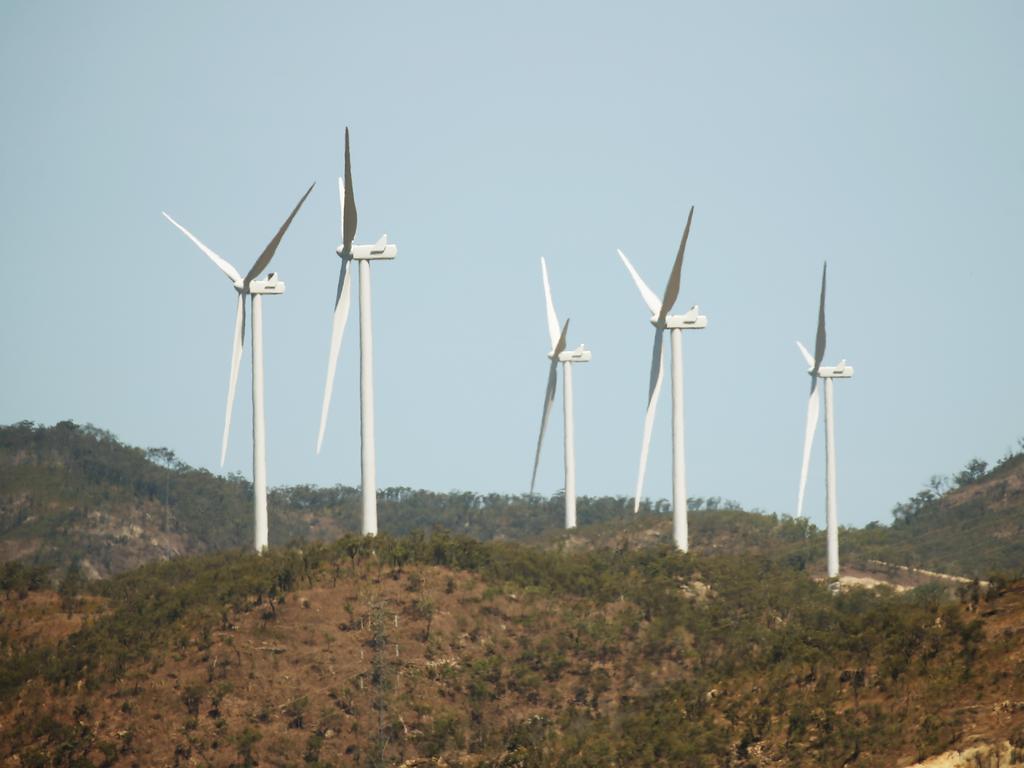
The concept of a permacrisis is illogical, nonsensical and internally contradictory. Which is why it is the perfect word to sum up a year in which very little made sense. This was the year when the definition of a woman became contested by people who imagine themselves to be the smartest in the room. Dictionary.com made woman its word of the year on the grounds that searches for its definition increased more than 1400 per cent in April. My own definition for the word “woke”, by the way, is a condition that affects one’s ability to define a woman in four words or fewer.
Other contenders for the word of the year reflect a mood of pessimism verging on catastrophism. The Fundación del Español Urgente, which monitors the proper use of Spanish in the media, nominates Apocalipsis as its palabra del año citing the threat of a nuclear war and a climate emergency. To hammer home the point, it nominates ecocidio, or ecocide, as runner-up. TV channel France-Inter nominates éco-anxiété, for which no translation is required.
Back in the Anglosphere, “shrinkflation” makes the cut as a Cambridge Dictionary runner-up. The word trick well known in the world of confectionery in which the price of a product stays the same, but its size gets smaller. Dictionary.com offers the related word, “skimpflation”, the act of reducing the quality of a product in order to maintain profits. Explanations for the rising cost of living vary between greedflation (a novel term for corporate profit gouging) and wage-push inflation. The permacrisis may explain why so many people have entered goblin mode, a phrase the Oxford Dictionary predicts could achieve lasting cultural significance in the post-Covid age. Goblin mode is a slang term for “a type of behaviour … unapologetically self-indulgent, lazy, slovenly, or greedy, typically in a way that rejects social norms or expectations”. It rose in popularity as Covid restrictions eased when, according to Oxford, it was adopted by people who objected to returning to a normal life and refused to chase the unattainable aesthetic standards and unsustainable lifestyles on social media.
People in goblin mode may also be indulging in acts of “quiet quitting”, a runner-up for several dictionaries. Collins defines it as “the practice of doing no more work than one is contractually obliged to do”. Quiet quitting has become glamourised on social media where the rejection of wealth in pursuit of a so-called balanced lifestyle is evidence of moral rectitude. Some may prefer an Australian word describing the same phenomenon in the 1880s. “Bludger” originally referred to a man who lived from the immoral earnings of a harlot. As Australian literary critic Alfred George Stephens notes, its definition was expanded to include “practically any cadger, loafer, bummer or beggar who has not the excuse of inability to work or thieve”.
The difference between bludging and quiet quitting is that one carries social stigma while the other confers social status. One suspects things are different in Japan where the Sanseido dictionary’s word of the year is taipa, or time performance. Taipa is particularly associated with Generation Z, for whom the efficient use of time has become an obsession. It applies not just at work or school but also in leisure. Taipa obsessives prefer to watch films at double speed or abridged versions that include only the major plot points or the catchy parts of songs.
However rich the English language might be in synonyms for deceit, the post-truth age in which we live was bound to demand more. Hence Merriam-Webster nominated “gaslighting” as a word for our time. Searches for the meaning of gaslighting, “the act or practice of grossly misleading someone especially for one’s own advantage”, rose by 1740 per cent in 2022. The element of a deliberate conspiracy to mislead lends an edge not captured by words such as lying, prevarication or fib. Gaslighting tends to involve organisations and applies in both personal and political contexts.
Merriam-Webster also includes an update on the evolution of the acronym LGBTQ. In the spirit of inclusiveness, the correct form today is LGBTQIA. The coalition of the marginalised now consists of lesbian, gay, bisexual, transgender, queer/questioning, intersex, and asexual/aromantic/agender people. Stay tuned for regular updates. I can think of nothing clever to say about the Macquarie Dictionary’s Words of the Year, “teal” and “truth telling”. Instead, I will conclude my final offering for 2022 by nominating my word of the year and inviting you to return the favour online.
Dunkelflaute is the German for “dark doldrums” and describes a period time in which little energy can be drawn from wind turbines or solar panels. I am grateful to the reader who pointed out last week the word die flaute is feminine so the plural of the compound noun is die dunkelflauten not dunkelflautes, as I assumed. It’s important to know that because they happen quite a lot. And unlike most other things German they don’t run to a timetable.
Another reader, Rhonda, offered evidence that the word has quickly slipped into the Australian vernacular. “I’ve already heard one of my work colleagues disparaging another work colleague as ‘a bit of a dunkelflaute’,” she wrote. “I asked him to elaborate, and he said our colleague encapsulated ‘a low-energy state’.”
Don’t laugh. I fear a low-energy state is what we’ll all be living in soon.
Nick Cater is executive director of the Menzies Research Centre






You don’t have to be a conservative to be troubled by the word “permacrisis”. You just have to consult the dictionary that judged this oxymoron to be the word of the year. A crisis, the Collins Dictionary tells us, is “a condition of instability or danger, as in social, economic, political, or international affairs, leading to a decisive change”. A permacrisis is a permanent state of impermanence that leads to change so decisive it will soon be declared obsolete by a fresh cultural upheaval.